When You’re Out in the Wilderness in Your Life
week in review for week ending june 1st, 2025
What does it mean to be out in the wilderness? What happens out in the wilderness? Do we focus on needs? Do we focus on deeds? Do we feel dwarfed by the enormity of the wilderness? Do we feel paralysed by the overwhelm of what we face and what we must traverse and overcome to arrive at our destination?
This past week has felt like an enormous and desolate wilderness presenting incomprehensible challenges for us to conquer. At some point, reader, maybe you have felt like retreating or checking out. Why me? How can I possibly? This sucks! This feels impossible! There‘s no way out! We’re hooped! Many people have found themselves echoing one or more of these sentiments which I’ve just expressed.
In South Vancouver, we saw a spate of violent attacks against female people, perpetrated by recidivist violent offenders caught in the progressive catch and release pseudo-criminal justice system, you can see the CSO profile of the man who held a 14 year girl at knifepoint in a public washroom in a South Vancouver office building at 1700 hours on Wednesday past. I personally was followed part of the way home from a Church prayer meeting Tuesday evening in South Vancouver. Reader, I felt terrified in my own neighbourhood, terrified and a bit helpless. I am not ashamed to admit that I prayed silently all the way home to remain safe from harm.
A family lost their 4 year old child in a terrible accident at Horseshoe Bay involving a transit vehicle. Progressive radicalists and their media sycophants continue to lie about the obvious, willfully and wittingly contributing to or outright causing the enormous suffering of innocents. We saw rising antisemitism that culminated in a terrorist attack perpetrated against Jewish people in Colorado by an illegal immigrant from Egypt who reports spending more than a year planning his attack. Canada and the USA continue to be divided about many important issues afflicting their societies and political infrastructures.
The horrible ongoing persecution of Amy Hamm by the BC College of Nurses and Midwives continues. The ghouls now want $164,000 to cover the cost of their 3-year investigative persecution witch hunt, which they inflicted upon for her for daring to say men cannot be women. Reader, trans women are men with an autoerotic fantasy, period. You can cope and seethe if you don’t like that fact. Facts do not care about your feelings.
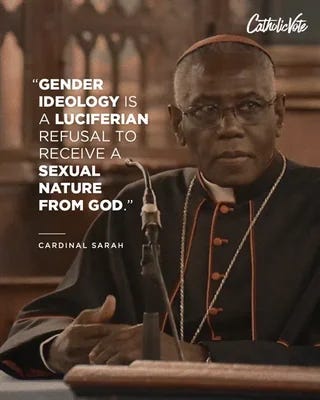

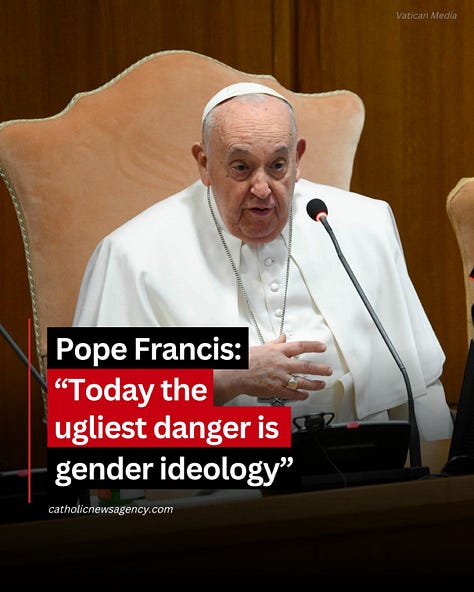
More than ever, people need deliverance from the awful authoritarianism and institutional persecution inflicted upon them by boutique activists, by morally bankrupt and evil bourgeoisie, by their own elected political representatives, by the demented and depraved radical judiciary. Sometimes it feels like too much.
How do we cope?
Sunday’s sermon focussed on the story of the 5000 people in the remote wilderness with Jesus and his disciples, fed by the 5 loaves and 2 fish. You can listen to the sermon, delivered by Pastor Scott Peacock, below. Pastor Scott mentioned a paper called Attention is All You Need. Here’s a link to that paper, it’s pretty nerdy but for the sake of completeness I have located a PDF copy of the paper. The gist of the paper involves altering coding mechanisms in machine learning models to allow the ai to give selective weights to inputs in the production of any output. Put simply, this means altering the attention mechanism of ai learning models to improve their efficiency. This would perhaps attempt to replicate the human neural attention mechanism and network, and even surpass it. What we attend to governs what we produce and achieve. It definitely governs our thought processes and our mood and emotional states.
An attention mechanism is a technique used in machine learning and artificial intelligence to improve the performance of models by focusing on relevant information. It allows models to selectively attend to different parts of the input data, assigning varying degrees of importance or weight to different elements. — H20ai
Below you’ll find the audio clip of the sermon, and below the line underneath the audio clip you will find the relevant Bible passage.
“Got Your Attention!” :: June 1st sermon :: Pastor Scott Peacock :: Faith Fellowship Church
1) To what will you give you attention, reader? 2) How will you go about getting the attention you require from the world around you? Turn these two questions over in your mind as you listen to Pastor Scott, and as you read this missive.
Matthew 14: 13-21 :: Jesus Feeds the Five Thousand
13 When Jesus heard what had happened, he withdrew by boat privately to a solitary place. Hearing of this, the crowds followed him on foot from the towns. 14 When Jesus landed and saw a large crowd, he had compassion on them and healed their sick.
15 As evening approached, the disciples came to him and said, “This is a remote place, and it’s already getting late. Send the crowds away, so they can go to the villages and buy themselves some food.”
16 Jesus replied, “They do not need to go away. You give them something to eat.”
17 “We have here only five loaves of bread and two fish,” they answered.
18 “Bring them here to me,” he said. 19 And he directed the people to sit down on the grass. Taking the five loaves and the two fish and looking up to heaven, he gave thanks and broke the loaves. Then he gave them to the disciples, and the disciples gave them to the people. 20 They all ate and were satisfied, and the disciples picked up twelve basketfuls of broken pieces that were left over. 21 The number of those who ate was about five thousand men, besides women and children.
When Jesus heard what had happened, he withdrew by boat privately to a solitary place. What happened, reader? So, Jesus found out about the murder of his cousin, John the Baptist at the hands of Herod. Salome, one of Herod’s dancers and a part of his court, requested the head of John the Baptist on the urging of her mother. So pleased with her dancing performance was Herod that he foolishly promised her anything she desired. And so it was that John the Baptist met his fateful end, as a result of depraved court political machinations.
Feeling sad and needing to grieve, Jesus retreated to the remote wilderness to reflect and spend quiet time with g-d. He brought His disciples with Him. Naturally Jesus had followers and fans who sought Him out, for teaching and guidance, for healing, for deliverance from the self serving ruling elite and also from the Roman occupiers.1 Many failed to understand the kind of deliverance and salvation Jesus came to bring the people. Many still do fail to understand. So that’s a bit of context for the story of Jesus in the remote wilderness with 5 loaves and 2 fish and the 5000 hungry people to feed and comfort in His ministry.
Anyway. Moving on.
First of all, reader, I want you to pause and go study the artwork I’ve shared here to illustrate this essay. I want you to focus on the place depicted in each painting. What does place contribute to a story? We often think of place as inanimate and unresponsive, and I’m quite certain that’s shortsighted and misguided. The land has life, the wilderness lives and breathes and responds. Wilderness doesn’t present as a sentient being like you or I or your dog or my cat. Nonetheless reader, it is alive. Place adds an important dimension to a story — all the things that happened there before live on in any place. Even indoors, a place such as a room, has a vibe we can feel. Reader, when you look at the Patenier painting and compare it to the Rueben painting, can you see a contrast? What do you see?
Briefly, in Patenier I see thousands of needy people against a remote wilderness backdrop, compared with far fewer of well fed aristocratic people against an opulent backdrop. I see a head on a platter presented to a worldly king’s dancing girl, compared with baskets of food served by a heavenly king to the poor and suffering and seeking. Herod turned his attention to Salomé, a dancing girl who demanded the murder of John the Baptist. He focussed on Salomé’s deeds, on his deeds. He sacrificed the life of John the Baptist for a political cause. Jesus turned His attention to His people who sought His comfort and protection and teaching. He sacrificed His quiet solitude to met the enormous needs of His people.
How did Salomé and the other courtiers get the attention they wanted? How did the followers of Jesus get the attention they wanted? How did place feature in these contrasting stories of people trying to get attention? To what did the respective leaders in each story direct their attention — to where did they train their glory? Herod chose to engage in idolatry by indulging the seductive beauty of Salomé, he chose worship himself. Jesus chose engage in worship of g-d by modeling servitude of the suffering and needy, He chose to worship His heavenly Father.
What can we do when we do when we find ourselves in a remote place in the wilderness? Do we focus on need? Do we focus on deed? Do we focus on neither, and simply choose stillness and patience and pausing? Sometimes the answer lies in not doing, sometimes we would do well to stop focussing on filling the remoteness with doing. Reader, we cannot always do our way out of our difficult situations. That’s uncomfortable, it’s unpalatable, it’s an exercise in relinquishing control, it’s an exercise in pausing and patience.
Sometimes, as in the case of Jesus in this story, not doing our way out of our dilemma provides the best spiritual practise. Jesus has enemies in high places, amongst the religious elite and the Roman ruling elite, He has a mob of fans and followers clamouring to make Him their earthly geopolitical deliverance from oppression and persecution, He has his disciples badgering Him about the deeds they’ve done and miracles they’ve performed as they went out do do ministry under His authority. To where does He turn His attention? He chooses to pay attention to the hungry and sick and suffering mob of people that have followed Him to the remote wilderness.
That’s what Jesus does, He leans in—to the needy and suffering and poor who have such faith in Him that they follow him to the farthest places to simply touch His cloak, or see Him work His ministry. Place features prominently in the story of Jesus and His ministry — He chooses the most rugged and harsh and unforgiving places in which to conduct his ministry work. He avoids places where opulence and riches and wealth and corruption dominate, preferring places which have nothing fancy and fine to hold our attention.
In the wilderness is where many of the most important things happen.
What will you do with your time in the wilderness?
You can find this week’s missives below.
Questions Seeking Answers
Relationships with hoomans are hard, aren’t they, reader? They can often feel like walking through fire whilst wearing highly flammable clothing and juggling axes, can’t they?
In current events and modern day Levantine geopolitics, it’s quite a common fallacious way of thinking to punish an entire group of humans for the failures of some leaders and prominent voices within that group. To punish the Jewish diaspora for the decisions, actions, politics of Netanyahu, and Ben Gvir, and Smotrich, and other Kahanists, to punish all Zionists for the moral depravity of Kahanists — well that’s simply misguided, obtuse, and it’s evil. Similarly, in the case of the biblical story of Jesus, it’s also misguided and morally repugnant for anyone to judge the entire Jewish people of the time by the actions and behaviour of the ruling elite high priests etc of the time.
That’s called antisemitism and it’s unacceptable and I don’t endorse it and, in fact, I really resent and loathe it. I wear a Magen David on a chain around my neck, I wear it proudly and I will never tolerate antisemitism from any person or place or group. Christians can practise Christianity with grace and ardour, without promoting the well-known antisemitic tropes. I will hold people in the community accountable for any hatred against Jews which they promote and express. Don’t ever forget that. Finally, if you believe in g-d then you believe He programmed to universe to be the way it is, He knows all and also gives us free will to choose or not choose Him. Yes, both of these are true and they aren’t mutually exclusive.





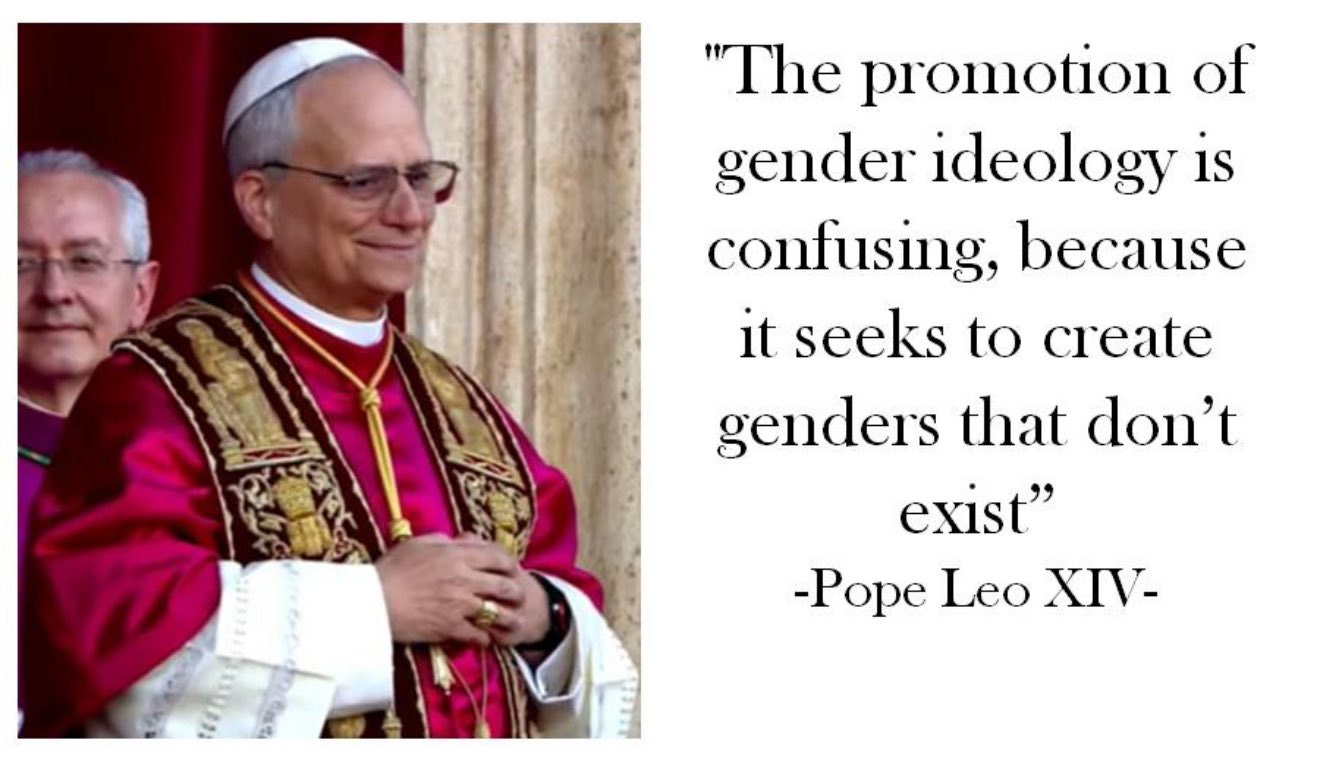
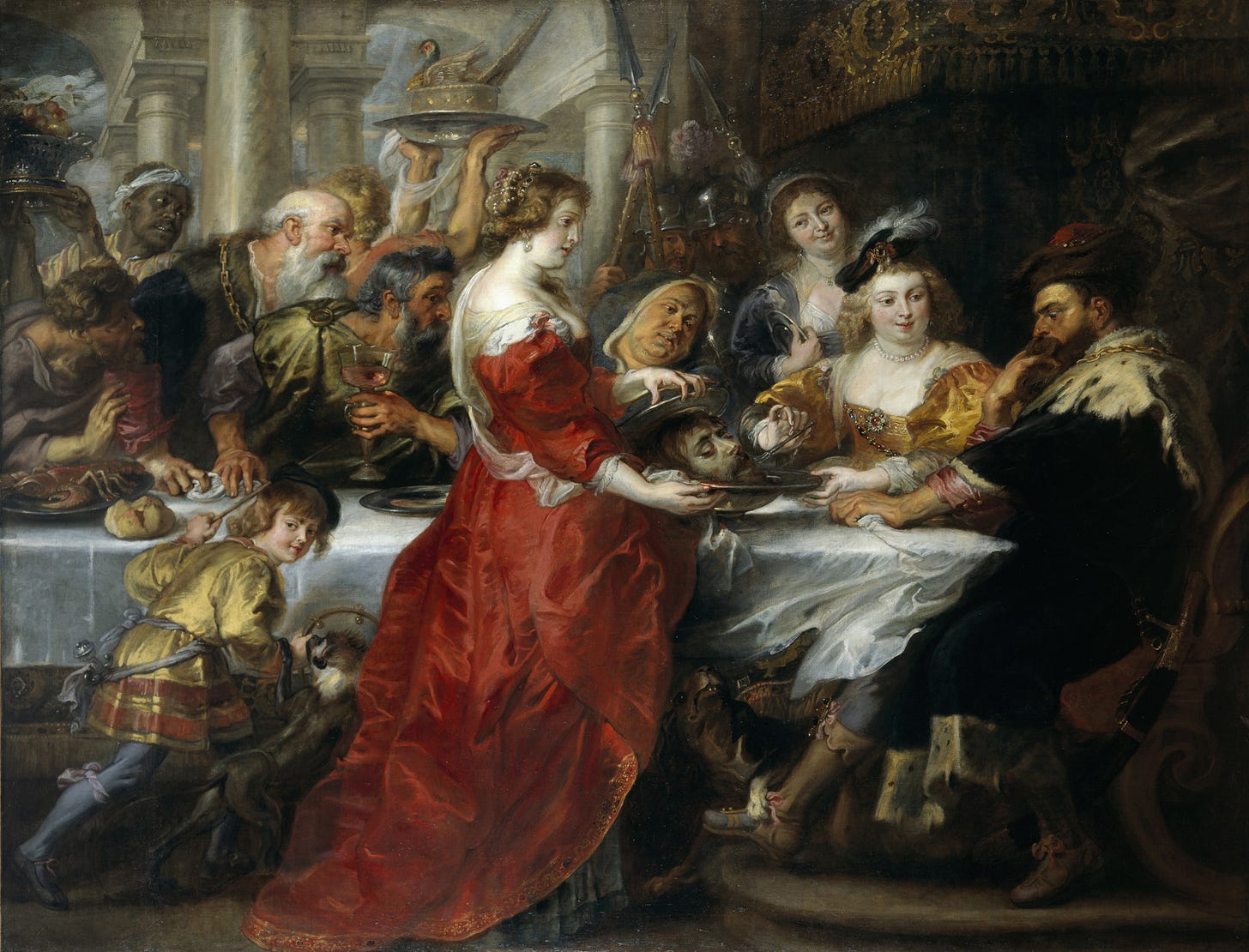

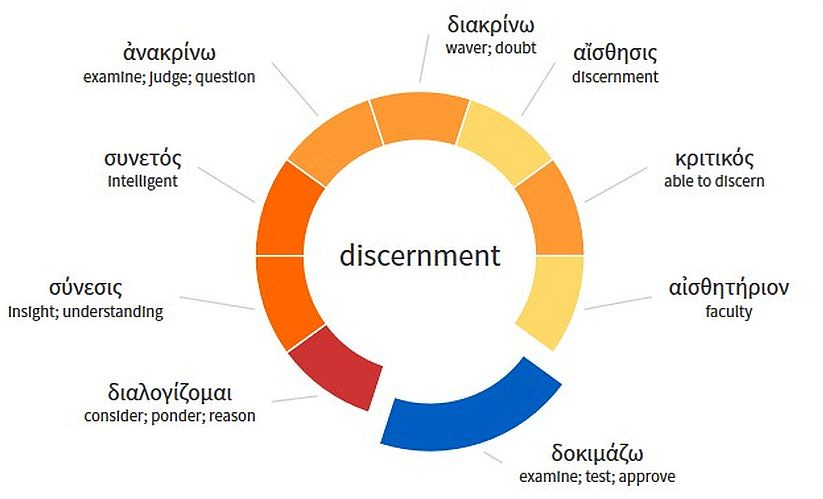
https://www.amazon.com/Ukraines-War-Strategies-Preventing-Deterrence-ebook/dp/B0D9C5MKQ7